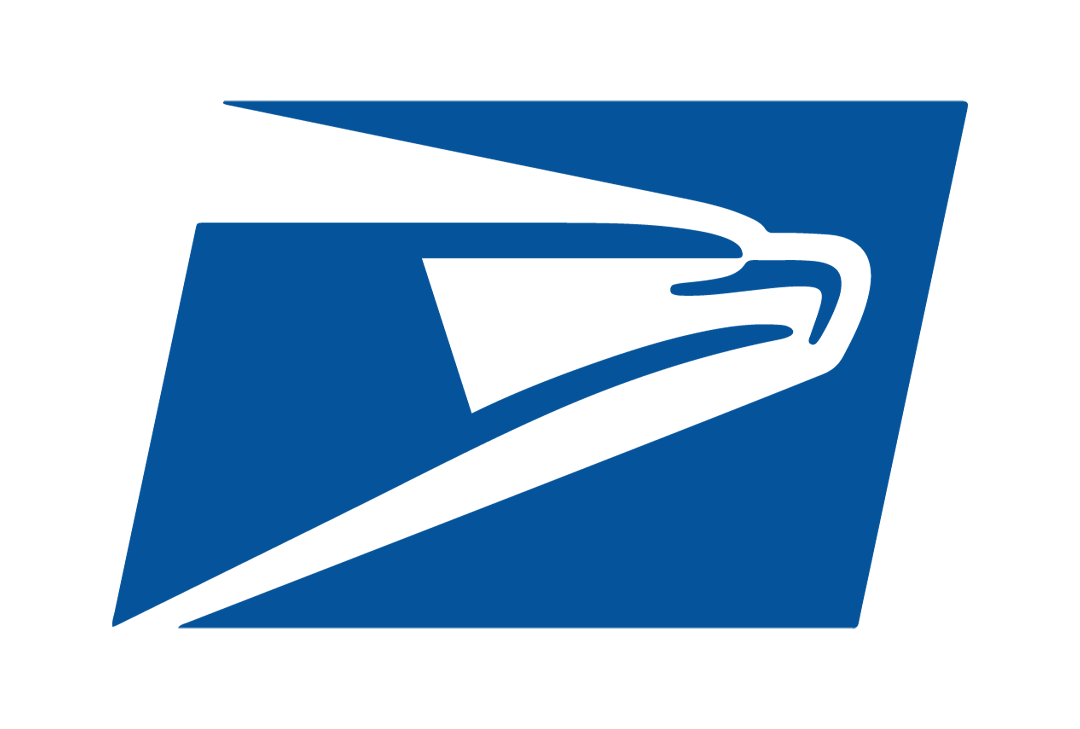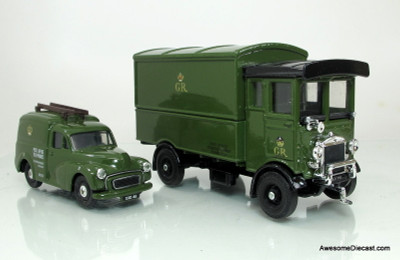Diecast metal with plastic parts
Associated Equipment Company (AEC) was an English vehicle manufacturer that built buses, motorcoaches and trucks from 1912 until 1979. The name Associated Equipment Company was hardly ever used; instead it traded under the AEC and ACLO brands.
AEC's first commercial vehicle was a lorry based on the X-type bus chassis. With the outbreak of World War I in 1914, AEC's ability to produce large numbers of vehicles using assembly line methods became important in supplying the increasing need for army lorries. AEC began large-scale production of the 3-ton Y-type lorry, commenced in 1916, and continued beyond the end of the war. From then on, AEC became associated with both lorries and buses.
In 1926, AEC and Daimler formed the Associated Daimler Company, which was dissolved two years later. In 1927, AEC moved its manufacturing from Walthamstow to a new plant at Southall.
G. J. Rackham was appointed Chief Engineer and Designer in 1928. He had previously worked for Leyland Motors. His ideas contributed significantly to AEC's reputation for quality and reliability.
From 1929, AEC produced new models: the names of lorries began with "M" (Majestic, Mammoth, Mercury, and so on), and those of buses began with "R" (Regent, Regal, Renown, and so on). These original "M-models" continued in production until the end of World War II. AEC introduced diesel engines across the range in the mid-1930s.
From 1931 to 1938, AEC and English Electric co-produced trolleybuses. AEC supplied the chassis, and English Electric the electric motors and control equipment.
In 1932, AEC took a controlling interest in the British subsidiary of the American Four Wheel Drive (FWD) company, and began to use more standard AEC components in those vehicles. To avoid confusion, these were marketed under the name Hardy. Production ceased about 1936.
Thornycroft was a United Kingdom-based vehicle manufacturer which built coaches, buses, and trucks from 1896 until 1977.
John Isaac Thornycroft, the naval engineer, also formed the Thornycroft Steam Carriage and Van Company which built its first steam van in 1896. This was exhibited at the Crystal Palace Show, and could carry a load of 1 ton. It was fitted with a Thornycroft marine launch-type boiler (Thornycroft announced a new boiler designed for their steam carriages in October 1897. The engine was a twin-cylinder compound engine arranged so that high-pressure steam could be admitted to the low-pressure cylinder to give extra power for hill-climbing. A modified version of the steam wagon with a 6-cubic-yard tipper body was developed for Chiswick council in 1896 and went into service as a very early self-propelled dust-cart. While the original 1896 wagon had front-wheel drive with rear-wheel steering, the tipper dust-cart had rear-wheel drive and front-wheel steering. The Thornycroft tipper was built by the Bristol Wagon and Carriage Company, though engined by Thornycroft.
Thornycroft's first petrol vehicle was built in 1902, and the company completed the move into internal combustion engine power in 1907.
Thornycroft's Basingstoke factory supplied nearly 5,000 motor vehicles for war purposes. They also provided "quite a large number of engines of various powers" to the Admiralty, the War Office and to other Government Departments at the beginning of the war and for the next two years. Thereafter they manufactured marine motors for the coastal motor-boats built at the Woolston, Southampton works. They also made the Thornycroft depth-charge thrower for anti-submarine warfare.
From 1931, Thornycroft used names for their vehicle range – descriptive and colourful ones. During World War II the company designed the Terrapin and other war-related vehicles.
In 1948, the company name was changed to Transport Equipment (Thornycroft) Ltd to prevent confusion with the shipbuilding Thornycroft company. The company was well known for providing fire-engine chassis, with multi-axle drive for uses such as airports. A limited number of 4x4 chassis were also provided to Worcester-based fire engine manufacturer, Carmichael for sale to civilian brigades in the 1950s.
They were taken over in 1961 by AEC parent Associated Commercial Vehicles Ltd, and production was limited to Nubians, Big Bens and Antars, although the Thornycroft-designed six-speed constant mesh gearbox was used in AEC and later medium weight Leyland and Albion trucks. ACV was then taken over by Leyland in 1962. They already had a specialist vehicle unit in Scammell, another manufacturer of large haulage vehicles. Thornycroft's Basingstoke factory was closed in 1969 and specialist vehicles transferred to Scammell at Watford.
Charrington Brewery was a brewery company founded in Bethnal Green, London in the early 18th century by Robert Westfield. In 1766, John Charrington joined the company, which then traded as Westfield, Moss & Charrington from the Anchor Brewery in Mile End. It merged with United Breweries of London in 1964 to become Charrington United Breweries, then, after acquiring a number of other breweries, it merged with Bass Brewery in 1967 to become the largest UK brewing company, Bass Charrington, later simply Bass plc. The brewing operations of the company were bought by Interbrew (now Anheuser-Busch InBev) in 2000, while the retail side (hotel and pub holdings) were renamed Six Continents. In 2003 Six Continents split into a pubs business, now known as Mitchells & Butlers, and a hotels and soft drinks business, now known as InterContinental Hotels Group.
















